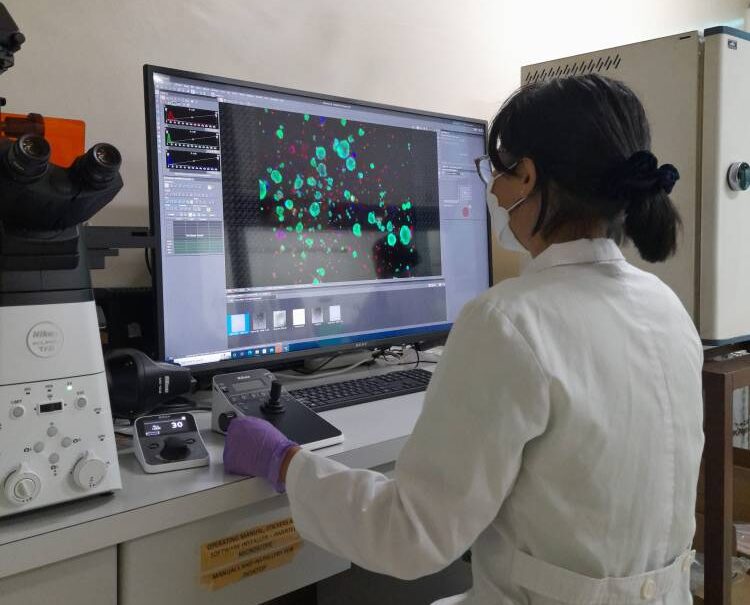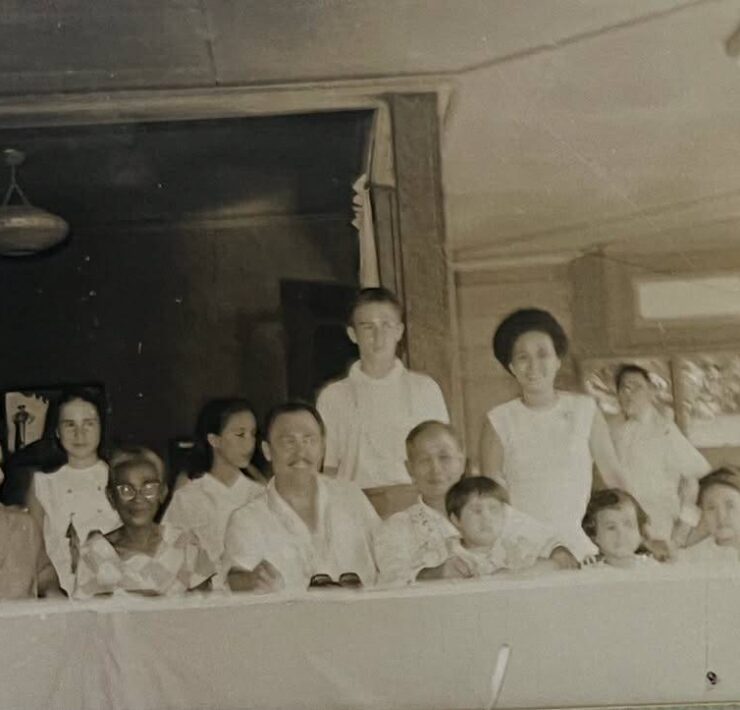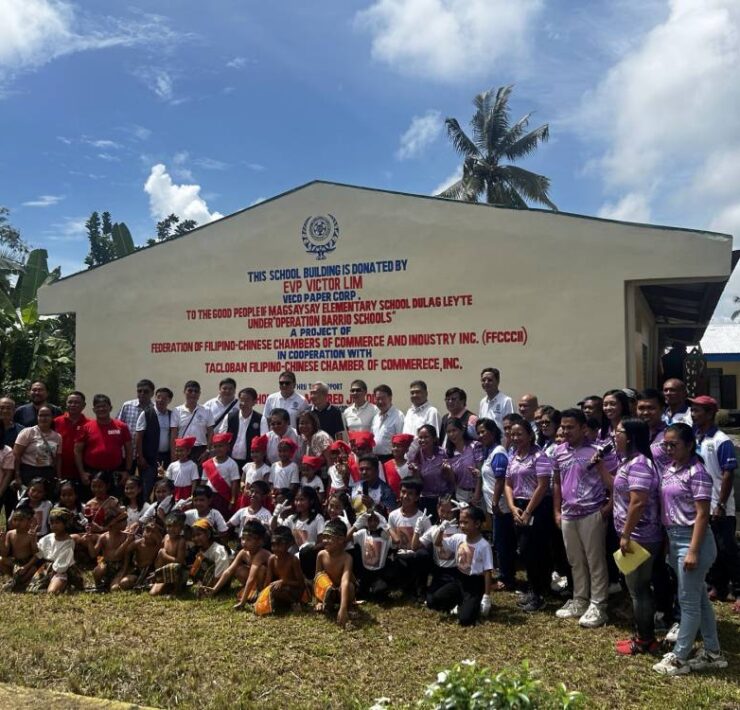UP study finds method that can detect breast cancer early

Biologists from the University of the Philippines (UP) Diliman have developed an analytical model that could detect early signs of metastasis, or spread of tumor, in breast cancer patients even without surgery.
This could help provide a more effective treatment plan for breast cancer patients in the Philippines, who usually take anticancer drugs first to shrink the tumor for surgery—a step necessary to determine early indicators of metastasis, or lymphovascular invasion (LVI).
But with the latest findings by UP scientists, the mathematical model using gene profile analysis of primary breast tumors could determine whether a patient already has or is likely to get LVI, allowing them to skip unnecessary and costly procedures or medicines and instead get a better, more efficient treatment plan.
LVI occurs when malignant cells invade the lymphatic and blood vessels, allowing the primary cancer to spread to other parts of the body.
“If we can detect LVI earlier, doctors could personalize patient treatment and improve their outcomes,” Michael Velarde of the UP Diliman College of Science Institute of Biology, one of the researchers, said in a statement this week. “This could help avoid ineffective treatments and focus on strategies that work better for aggressive breast cancer.”
Samples and testing
Aside from Velarde, other scientists who worked on the study, “Lymphovascular invasion is associated with doxorubicin resistance in breast cancer,” published this month on “Laboratory Investigation,” were Allen Corachea, Regina Ferrer, Lance Ty, Lizzie Aquino, Madeleine Morta, Shiela Macalindong, Gemma Uy, Eugene Odoño, Jo-Hannah Llames, Francis Tablizo, Eva Maria dela Paz and Rodney Dofitas.
They found, through a collection of tumor samples and testing, that most patients with LVI “responded poorly” to anticancer drugs. A total of 625 breast cancer patients from the Philippine General Hospital (PGH), the government’s premier hospital, were observed for the study.
“This suggests a potential link to drug resistance, which was further confirmed by the finding that patients with LVI-positive tumors had a significantly lower clinical response rate than individuals with LVI-negative tumors,” they said in the study.
Those with LVI-positive tumors were also less sensitive to doxorubicin, a chemotherapy drug for various malignancies, including breast.
This implies, the UP scientists noted, that “doxorubicin might be less effective for LVI-positive breast cancer, potentially contributing to poorer outcomes.”
‘Exciting opportunity’
Their analytical model, using RNA (ribonucleic acid) and microarray (analysis of various samples) sequencing, accurately predicted LVI status before surgery and at the time of biopsy “92 percent of the time.”
“Importantly, our approach can be implemented in the Philippines using locally available genomic technologies, making earlier detection and tailored treatment more accessible to Filipino patients,” said Velarde.
This, the researchers in the study noted, unravels an “exciting opportunity” of being able to incorporate “LVI-associate gene signature into personalized treatment plans.”
Early stages
Despite the “promising” discovery, Velarde stressed that the model is still in the early stages and development and should not be taken to replace ongoing methods for detecting LVI.
“Our goal is to develop a practical test that can be used in Philippine hospitals to guide doctors in choosing the best treatment for each patient,” he said, noting that more validation studies should first be conducted.
According to the Department of Health, breast cancer is the top malignancy nationwide affecting women.
In 2023, the Philippine Cancer Society said some 27,000 new cases of breast cancer and around 9,000 deaths related to the disease are recorded every year.





















